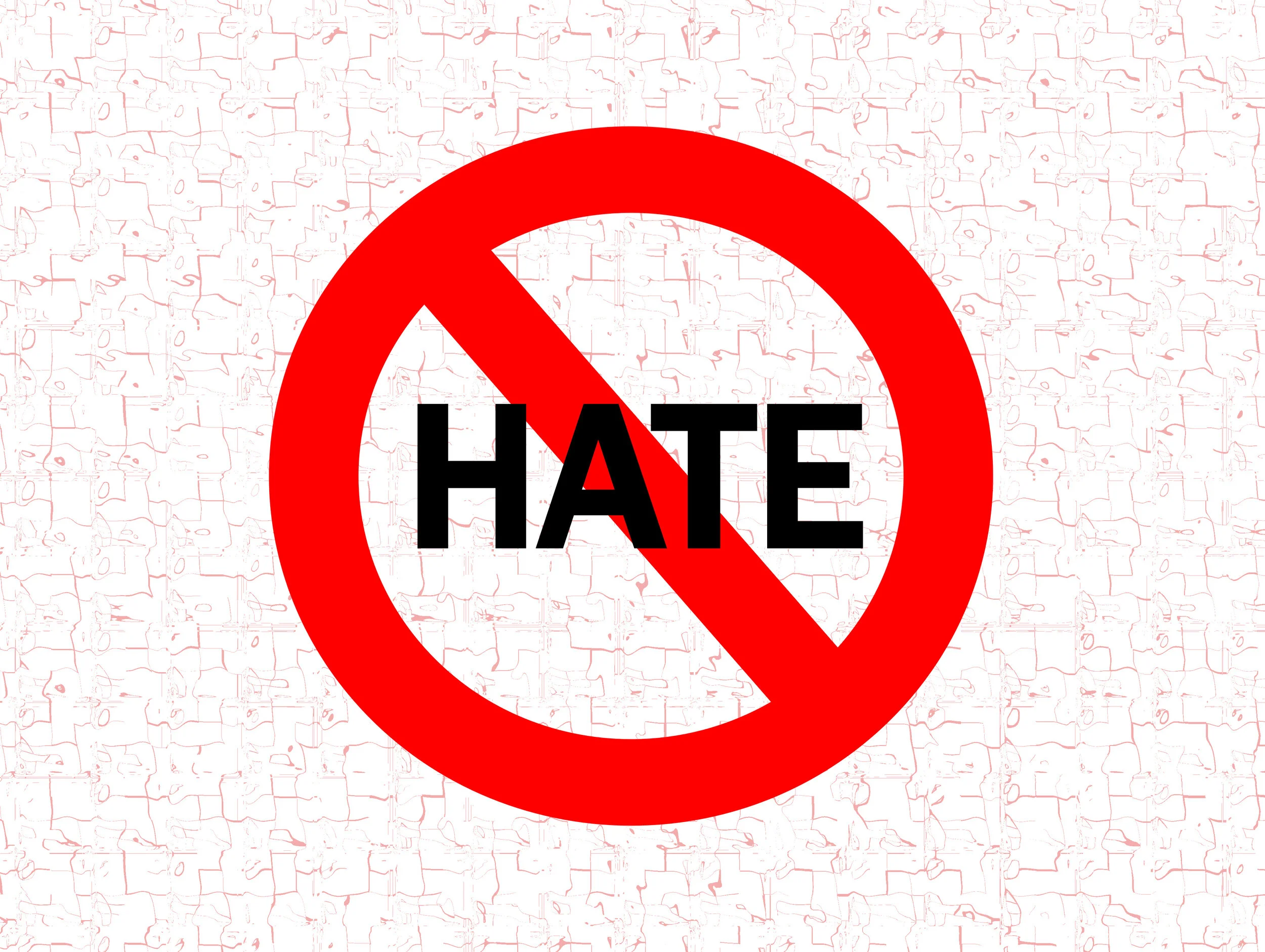No One Is Born Hating
By Samaa Elibyari
‘No one is born hating another person because of the colour of his skin, or his background, or his religion. People must learn to hate, and if they can learn to hate, they can be taught to love, for love comes more naturally to the human heart than its opposite’. Nelson Mandela.
It is based on this conviction that activists of the Muslim community in Montreal decided to launch Muslim Awareness Week after the horrific events of January 29 2017 at the Centre Culturel Islamique du Québec where six worshippers were killed, 19 were injured, one of them left paralyzed for life.
How could this happen to us, in Canada? After the initial shock and pain, we were forced to admit that the writing was on the wall. We saw hate messages scrolled on our mosques, heard slurs within our ear shots, got offensive comments through our social media pages, day in, day out. And there is no relief in sight.
So, what to do? The fear of Muslims is thriving to a large extent on the fact that many people in our society lack the personal relationship with us. To remedy this, the idea of Muslim Awareness Week -MAW- was hatched.
Now in its second edition, MAW is about to sharing our dreams, informing about our contributions to society, confiding about our concerns. We want the public to glimpse a slice of our life. For us, the best way to counter the negative stereo types, to reject the sweeping generalisations, to dispel the myths was to reach out.
We want to be visible but not only when we challenge laws that will affect us negatively. We refuse to be reduced to becoming a narrow interest group.
Last year has been particularly harrowing with the introduction, protests and adoption of Bill 21. Once more, the references to Muslims flatten us to one dimension, our religion. The whole of 300,000 persons in Quebec are portrayed as a monolithic group marching in lockstep, the men as religious zealots and the women as submissive creatures wrapped in veils. Why are Muslims boxed in narrow categories that our society doesn’t apply to other religious groups? The personal, human element that is missing from these caricatures fails to do justice to the complexity and diversity of our community.
The best shield against hate is knowing us, as we are, not as what we are perceived to be by analogy or generalization. It is hoped that a better understanding of our reality will provide us with the best protection rather than taller fences, security cameras, electronic keys and metal detectors at our mosques. We want these to be open, attractive and transparent spaces where people should be able to drop in, be warmly greeted and welcomed.
So, where do the average person get their knowledge about us? In his book The Fear about Islam, Todd H. Green writes ‘The media framing of Islam is powerful and pervasive. What we know about Islam, or what we think we know, is filtered primarily through the media and the stories and images it provides to audiences and consumers. The media determines who tells the story of Islam, which elements and perspectives are included or excluded, and how the story is packaged and presented. Without a doubt, the media functions as the most powerful and influential conveyor of ‘knowledge’ of Islam’. The result is not an expansion of knowledge but the perpetration of illiteracy concerning Islam and Muslims.
This situation often prevents many in the West from recognizing the common ground they share with Muslims. We adhere to the same values of equality between men and women, among Muslim immigrants the majority spoke French before coming to Quebec, that we would love nothing more than devoting our energies to secure a bright future for our children and ourselves, to participate in the welfare of our society.
There are good stories about our community that deserve to be know. Also, political figures hold an important leadership role. Anti-Muslim stereotypes are difficult to difficult to dislodge, our leaders shouldn’t be seen as accepting them. They must signal the importance of including and embracing Muslims, as citizens. We each have a part to play to ensure that our society becomes inherently tolerant and fully inclusive. We will all benefit.
—
Note: A previous version was written by Samaa Elibyari for Muslim Awareness Week -MAW- in January 2020. It was revised by the organizing committee of MAW and published in the Montreal Gazette with other signatures.
This latest version of the OP was edited by Samaa Elibyari for CCMW, and submitted in March 2020.

